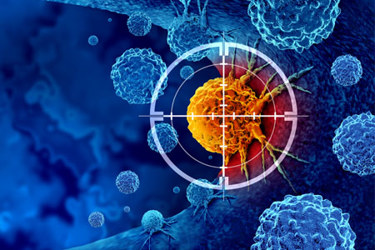Precision Medicine: Targeted Cancer Therapies
By Keya Watkins

Cancer research is entering a new precision-driven era. As global cancer incidence continues to rise—expected to surpass 35 million cases by 2050—the demand for treatments that are both effective and selective has become urgent. Traditional chemotherapy attacks rapidly dividing cells indiscriminately. In contrast, targeted therapies focus on the specific genetic or molecular mechanisms that fuel tumor growth, reducing collateral damage and reshaping the standard of care.
Since the FDA’s landmark approval of trastuzumab (Herceptin) in 1998, targeted therapies have revolutionized cancer care, accounting for 43% of all oncology approvals between 1998 and 2022. Today’s arsenal includes small molecule inhibitors, monoclonal antibodies, and a rapidly growing class of antibody-drug conjugates (ADCs). Yet, as precision increases, so does complexity. Drug resistance, tumor heterogeneity, intricate trial designs, and narrow genetic eligibility criteria present major hurdles for researchers and biotechs. Overcoming these barriers requires advanced analytics, innovative trial models, and global site networks with expertise in early-phase oncology. With continued collaboration and innovation, targeted therapies will remain at the forefront of improving outcomes and redefining the future of cancer treatment.
Get unlimited access to:
Enter your credentials below to log in. Not yet a member of Clinical Leader? Subscribe today.
